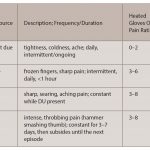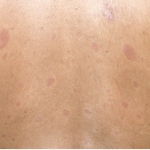A recently published study gives new insight into an innovative approach to treating patients with severe scleroderma and internal organ involvement. During the six-year study, researchers demonstrated the durability of the beneficial effects of stem cell transplantation in this patient population. Their data also suggest the treatment has the potential to renormalize the autoreactive immune system…








